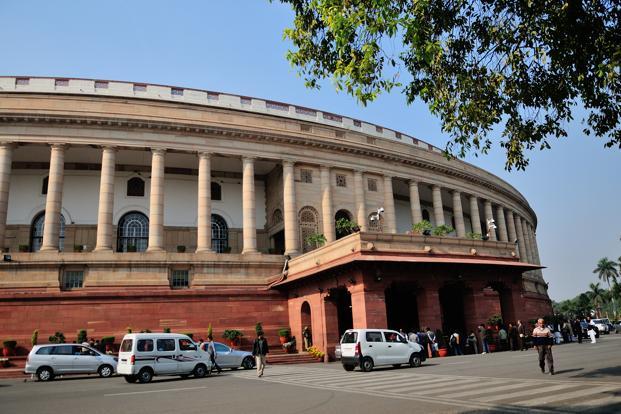Now Reading: How Indian Government Generates Revenue
-
01
How Indian Government Generates Revenue

How Indian Government Generates Revenue
Government revenue is money received by a government. Revenues earned by the government are received from sources like taxes and non-taxable sources. It is used to benefit the country. Governments use the revenue to better develop the country, to repair roads, build homes, fix schools and for the services that are provided for the folks.
Government revenue may be classified into two classes particularly, tax revenue and non-tax revenue.
Tax revenue is the financial gain that is gained by governments through taxation. Taxation is levied on the incomes and wealth accumulation of people and companies and on merchandise and services made.
Goods and Services Tax: Goods and Services Tax (GST) or consumption tax is obligatory in India on the provision of products and services. It is a comprehensive multistage, destination primarily based tax.
Customs: Customs is Government Services answerable for the administration of Customs law and therefore the assortment of duties and taxes and has the responsibility for the application of different laws and rules with reference to the importation, exportation, movement or storage of products.
Income Tax: Income tax refers to annual taxes levied by the central and most state governments on individual and business income.
Corporation Tax: Corporation Tax is levied on the net financial gain or profit that company enterprises build from their businesses.
Wealth Tax: Wealth tax (also referred to as a capital tax or equity tax) is a levy on the overall price of personal assets, including bank deposits, land, assets in insurance and pension plans, possession of unincorporated businesses, money securities, and private trusts.
Payroll Tax: Payroll taxes are taxes imposed on employers or staff, and calculated as a proportion of the salaries that employers pay their employees.
Consumption Tax: A consumption tax is a tax levied on consumption spending on merchandise and services.
Non-tax revenue is income that is not generated from taxes and includes government-owned corporations’ incomes, financial organization revenue and capital receipts in the form of external loans and debts.
Fees: A fee is charged by public authorities for rendering a service to citizens. for instance, fees charged for issuing passport and driving license.
Fines/Penalties: Fines are obligatory as a kind of penalty for breach of law or non-fulfilment of bound conditions.
Surplus from public enterprises: In India, the government has established varied public enterprises, once these enterprises build huge profits; the government gets its dividend.
Deficit financing: the surplus expenditure of public revenue can be met by borrowing from the market, abroad or central bank making currency.








